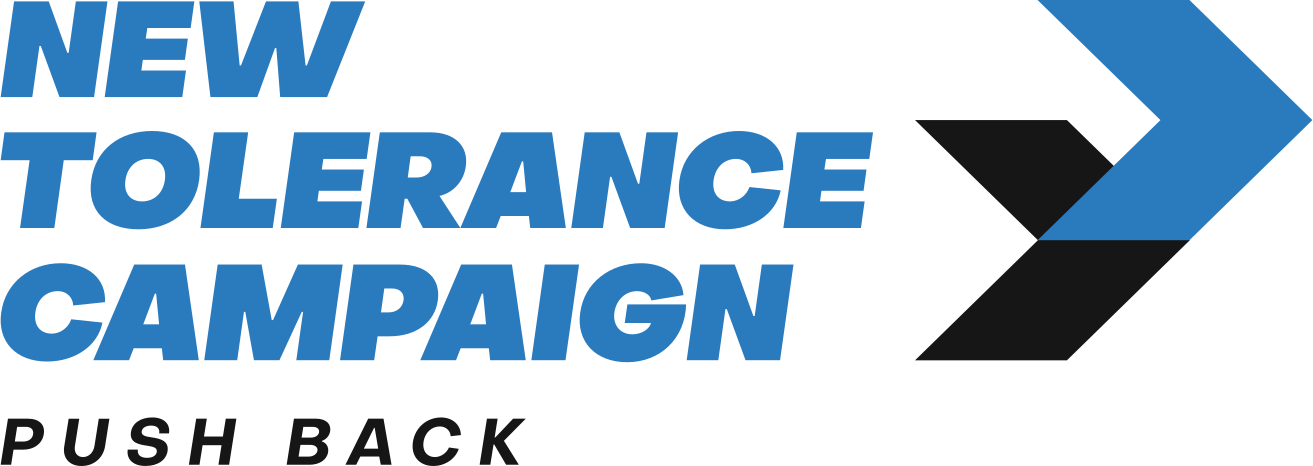Blog

The Toxic Ten: The Year’s Worst Examples of Shareholder Activism
Corporations have moved dramatically to the left on social and cultural issues over the past decade in America — in some cases by force. Shareholder resolutions have pushed publicly traded companies to put social issues over profits. Any activist holding over $2,000 in stock for a period of at least a year can sponsor a shareholder resolution at a corporation’s annual board meeting. As a result, corporations have been pressed to take positions on everything from abortion to gun control and LGBTQ policies, just to name a few. Although only around 10% of all resolutions pass, they still force companies to concede ground to radical social causes.
2023 in particular has been a year full of extreme shareholder resolutions. Here are ten of the most outrageous:
MasterCard was pressured by left-wing shareholders to track gun-related transactions, creating a de facto national firearm database. Read the full story here.
Bank of America was pushed by shareholders to release details on how the company would meet the 2030 climate transition target. Only 28% of shareholders voted or the resolution, but it still put the public spotlight on the company, forcing them to commit to other disclosures related to climate and manufacturing. Read the full story here.
Johnson & Johnson and The Home Depot were forced by the majority of shareholders to conduct racial equity audits of their respective companies. The vast majority of these shareholder resolutions concern so-called “Diversity, Equity, and Inclusion” (DEI) and climate change. Johnson & Johnson and Home Deport are now required to perform these “equity” audits. Read the full story here.
Boeing is now forced by shareholders to support climate reforms the run counter to the financial interests of the company. Activist nonprofits like “As You Sow” are leading the push for similar shareholder resolutions that inject radical social policies into business models. Read the full story here.
Exxon Mobil was at the mercy of environment groups that secured passage of resolutions forcing the corporation to undertake cumbersome sustainability and decarbonization efforts, putting the profitability of the corporation at risk. Read the full story here.
CNX was met with shareholder resolutions demanding the company adhere to the Paris Climate Agreement and outwardly lobby for its global adoption. The resolution was ultimately defeated, but its consideration included a devastating public relations campaign that damaged the brand. Read the full story here.
Jack in the Box, the popular fast food restaurant chain, was made to adopt a resolution requiring the corporation to solely support sustainable — and onerous — packaging sponsored by Green Century Capital Management. Read the full story here.
Apple was forced by shareholders to oversee a third-party audit of their racial equity standards, and to go “above and beyond all legal and regulatory matters” to ensure people of color are prioritized for hiring in the name of civil rights. This vague language calls for Apple to discriminate against certain races in the name of “equity.” Read the full story here.
Target was the target of shareholder demands to support a racial and gender scorecard published by Arjuna Capital, an investment firm committed to “divest from fossil fuels, promoting gender pay equity, and fighting internet hate speech.” Read the full story here.
Disney faced shareholder resolutions calling for the company to publicly support “LGBTQ+” issues and provide a detailed report explaining how it will support “human rights” in Florida. Read the full story here.
